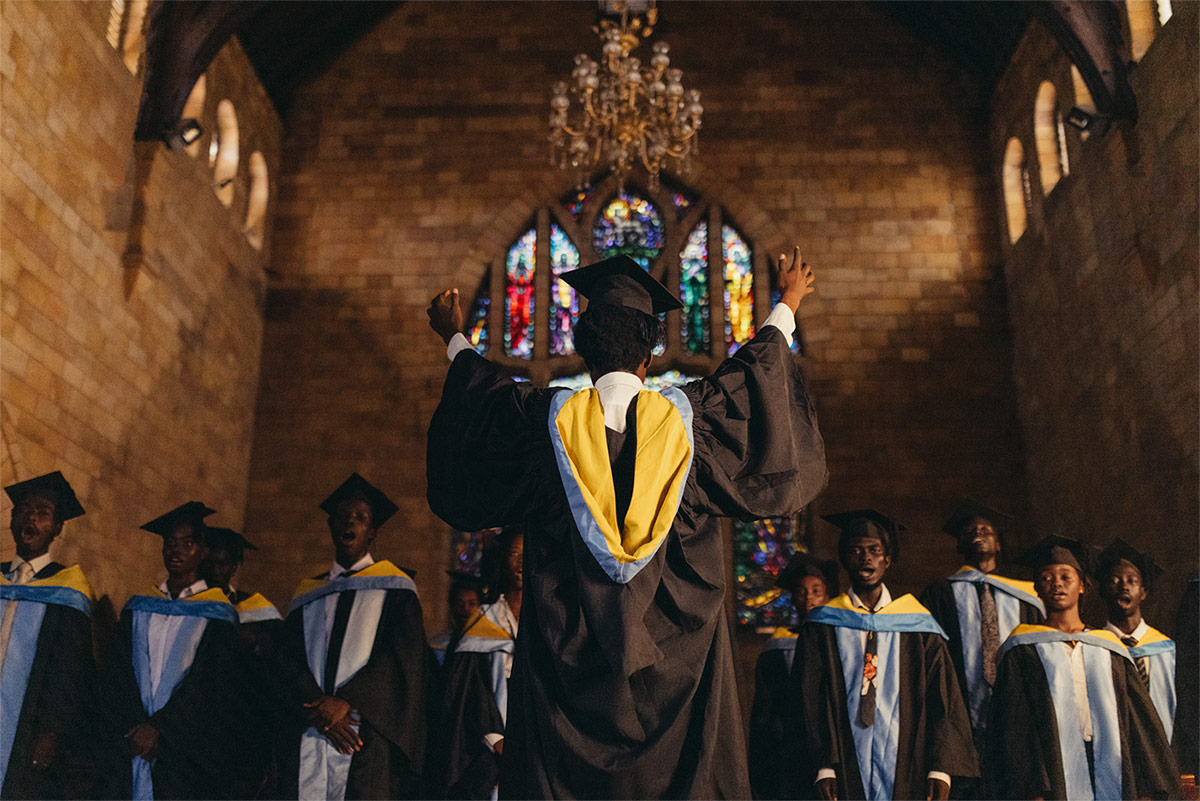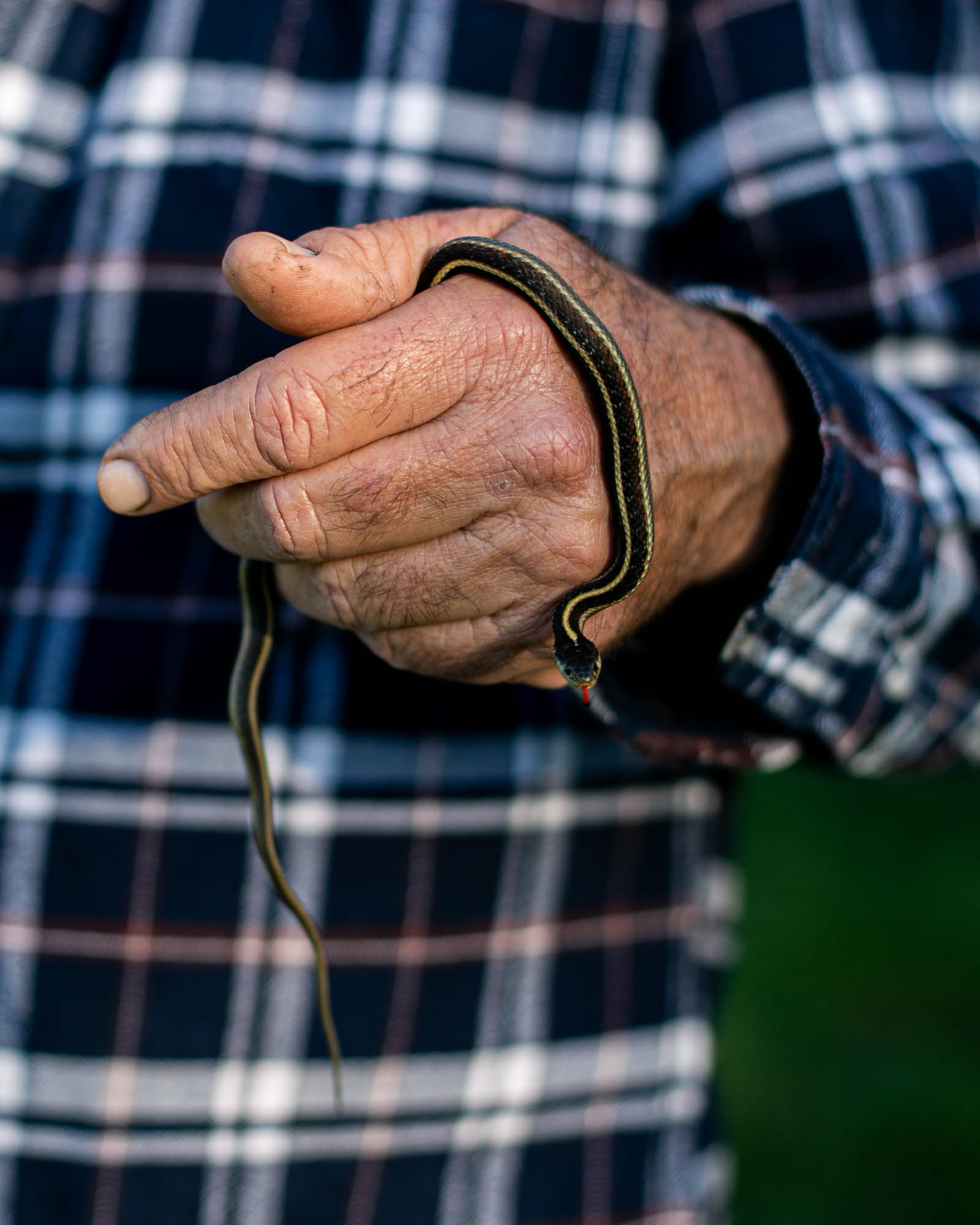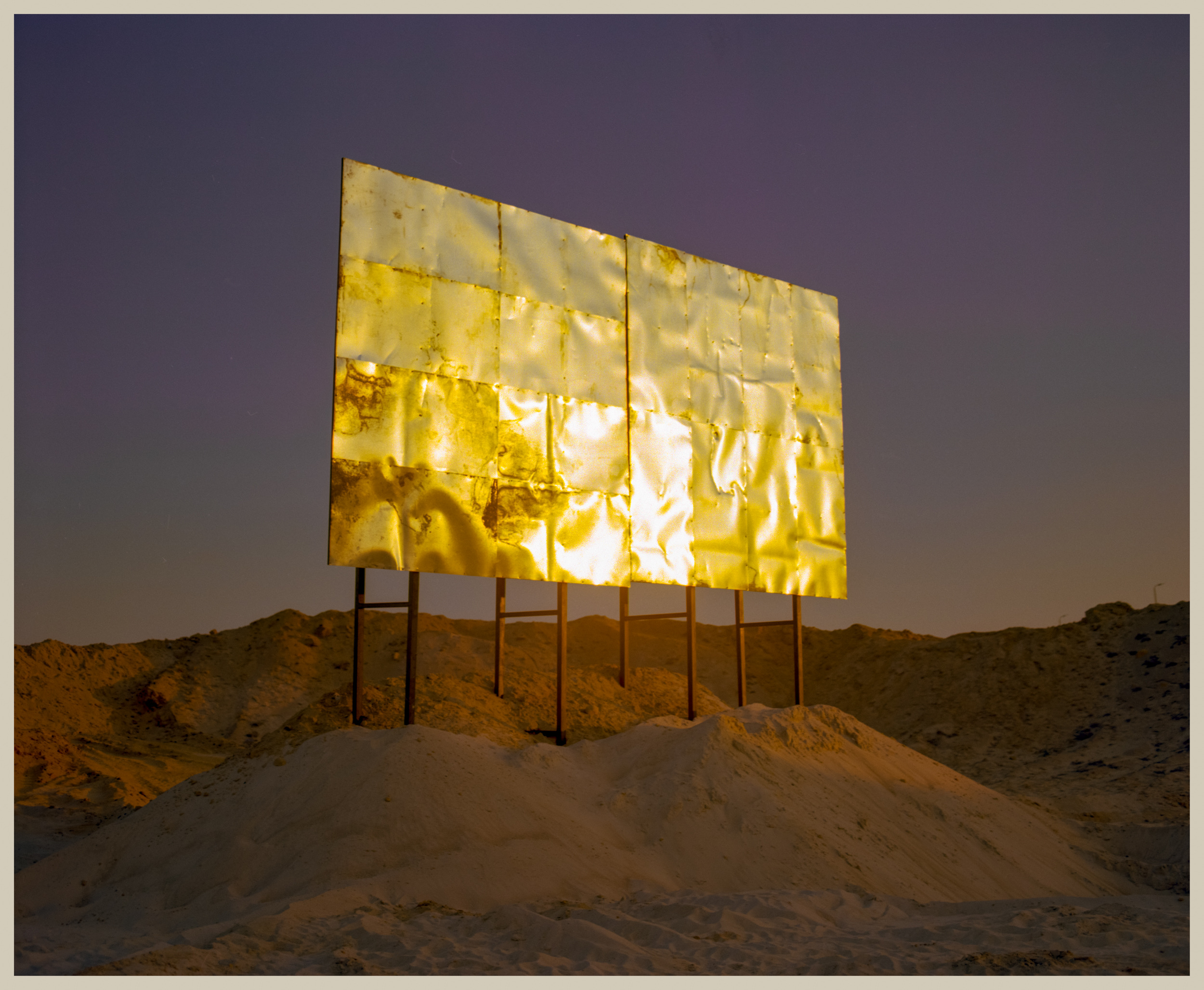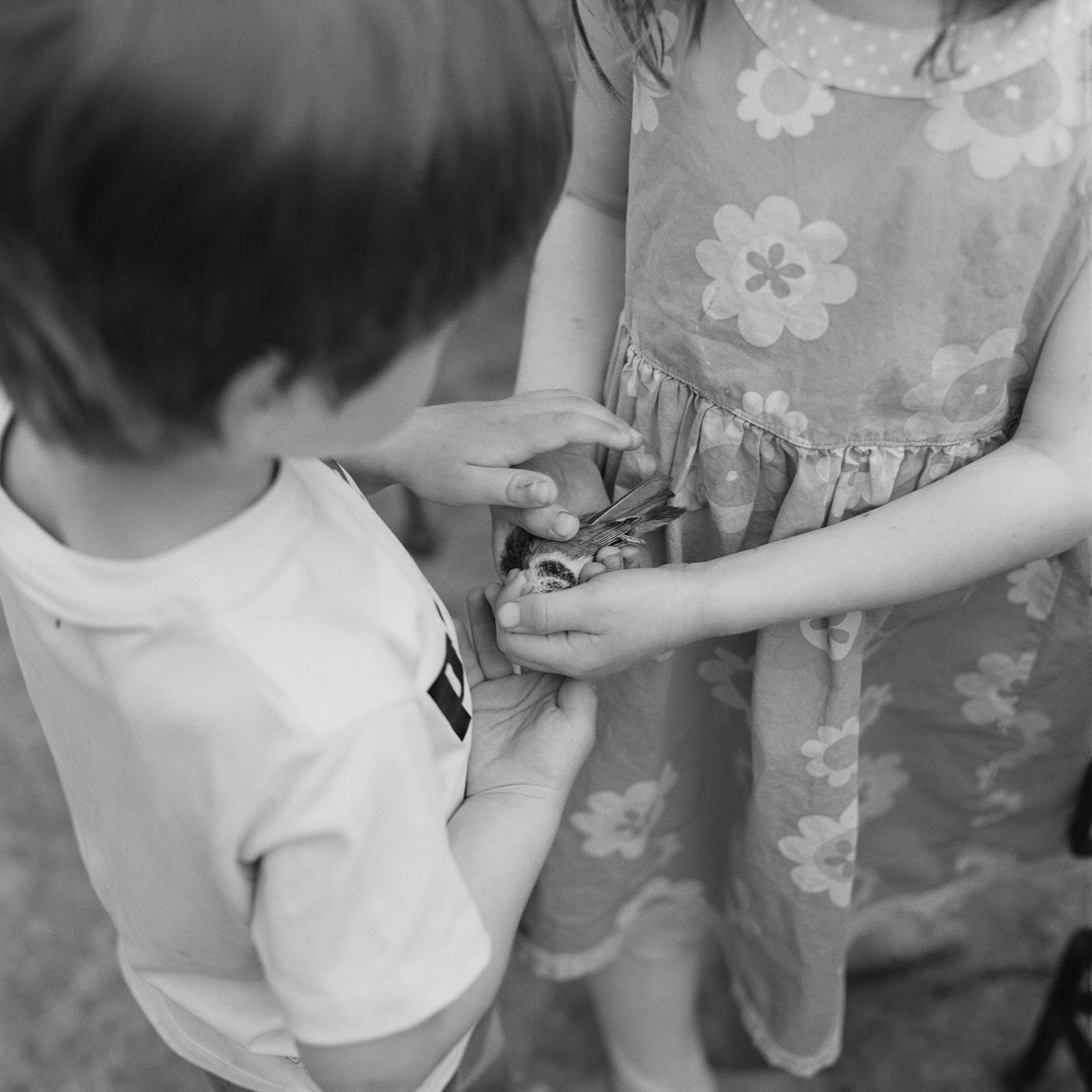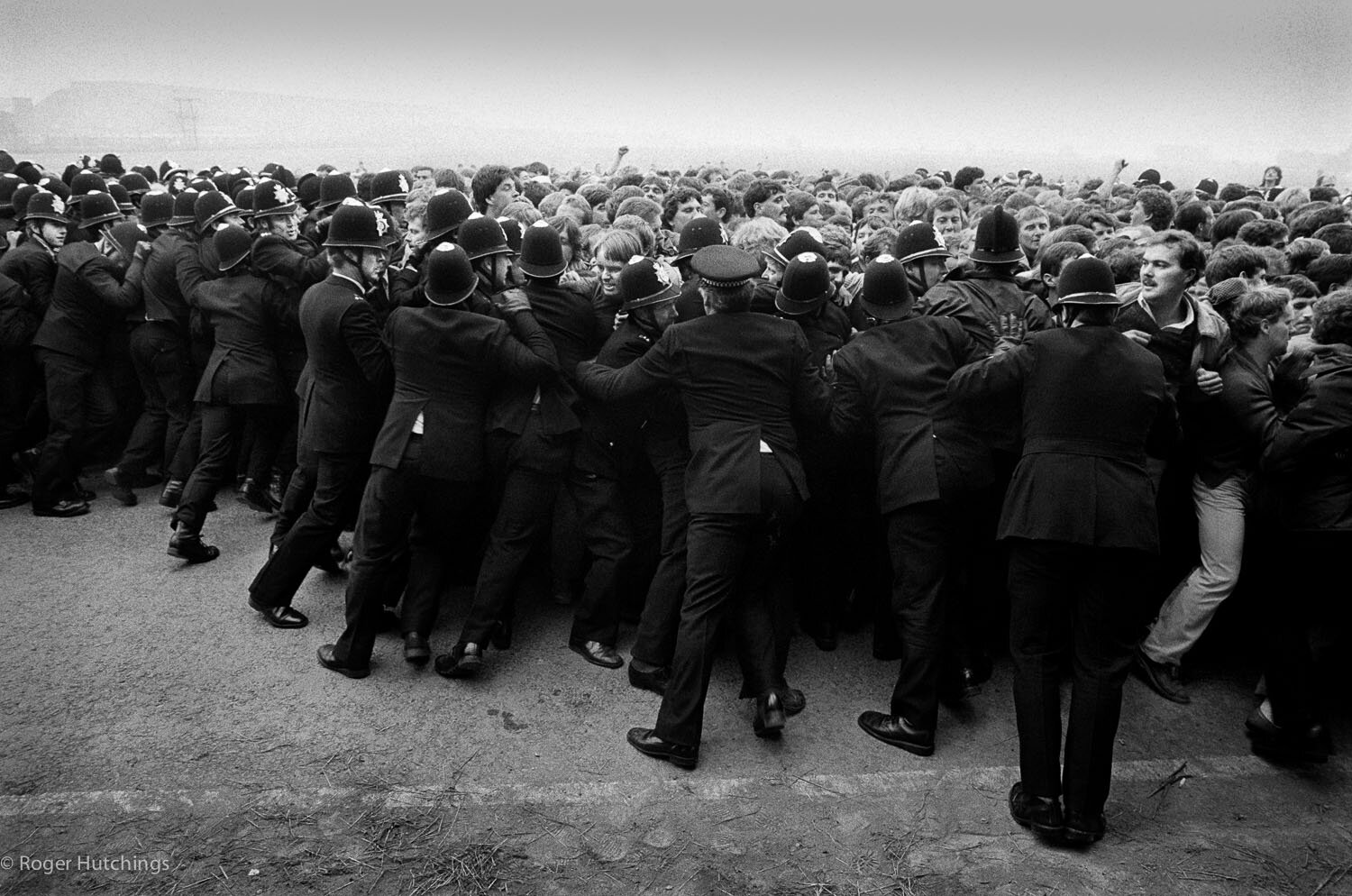Carlos Idun-Tawiah is a 26-year-old photographer and filmmaker from Accra, Ghana, whose practice celebrates the revival and preservation of African culture and the diverse stories of Black lives. In his ongoing project, 'Sunday Special', Carlos captures candid images inside churches across the Ghanaian capital, offering a compelling glimpse into the essence of Sundays in the city.
Following a successful exhibition of this series at London's Autograph Gallery, we caught up with Carlos to explore the inspiration behind ‘Sunday Special’ and his broader artistic journey.

What led you to discover your passion for photography and how did you decide to pursue it?
Curiosity and experimentation led me to this point. I would consider the discovery of my passion for photography to have been more gradual than serendipitous, because so many factors have contributed to shaping my current position, and the best is yet to come.
Recognizing the impact that photography had on uniting my family has made my journey making photographs a deeply personal one. This realization in a way compels me to explore the genre's potential to foster conversation and synthesize different communities. That is to say that if photographs from family albums could bring my family closer, perhaps this same language could unite an entire race.

In what ways does your local community and surroundings in Accra influence the subjects you choose to photograph?
It's a privilege to create photographs that stimulate discussions across various domains. And so, any form of self-deception misleads my audience and generations who will engage with the work long after I'm gone.
Living and working in Accra has a way of shifting my focus away from prevailing trends. It dismantles pretense and offers me fresh perspectives to elevate the mundane and uncover the beauty in the precarious.
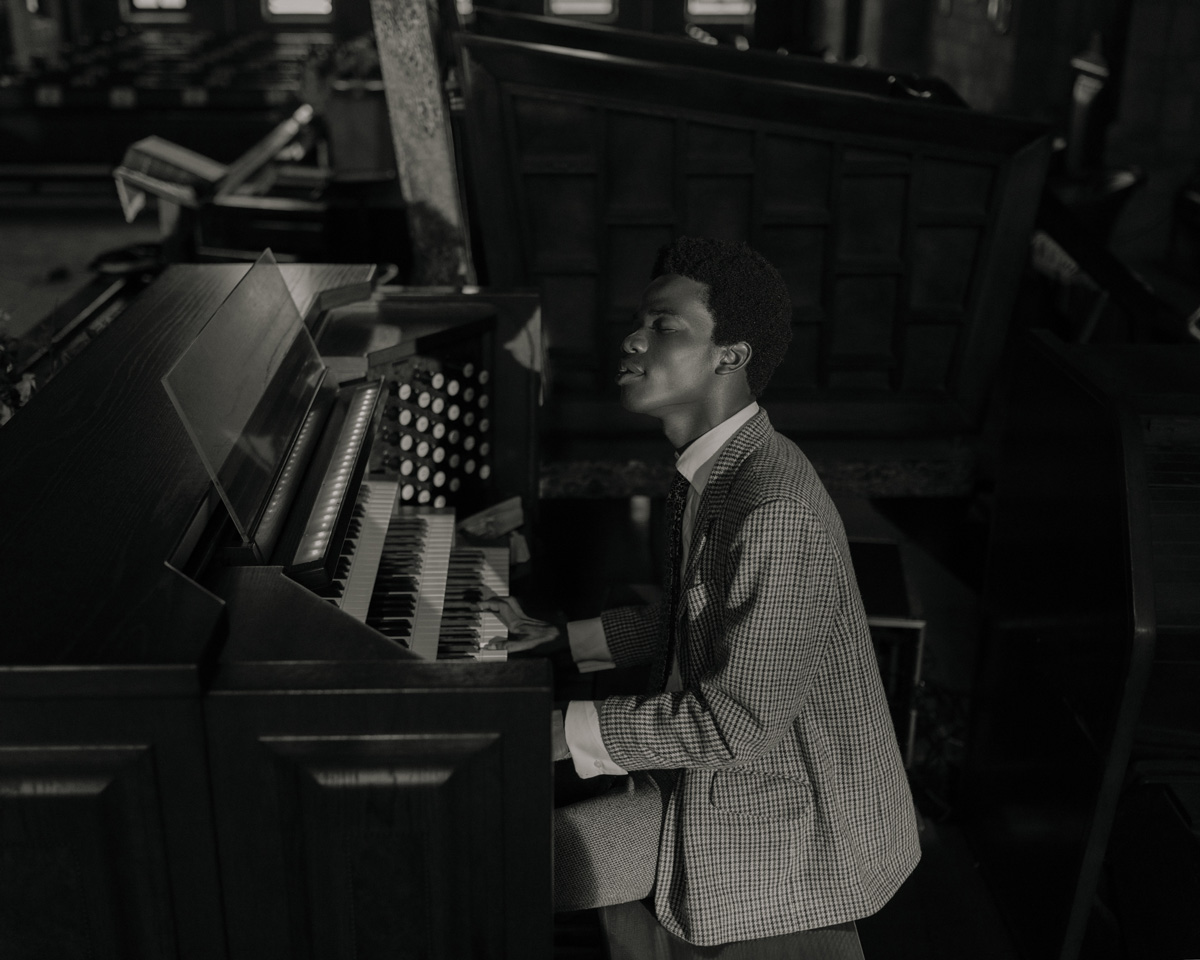
What inspired your project ‘Sunday Special’?
My initial intention was to make a story reminiscent of my childhood, however, it grew beyond that. I explored various approaches to crystallize the essence of Sunday; from experimenting with the idea of photographic biopics to considering the possibility of remarking and even making alternative realities of the archives.
'Sundays Special’ is essentially a story about the ethos of the Christian Sabbath from a vernacular perspective. Through this fictionalized narrative, I aimed to strike a balance between community and sanctity, where humanity and divinity coexist within a single frame. My ultimate goal was to evoke a sense of nostalgia and to use this photographic testament of my faith as an invitation for others to discover something worth believing in.
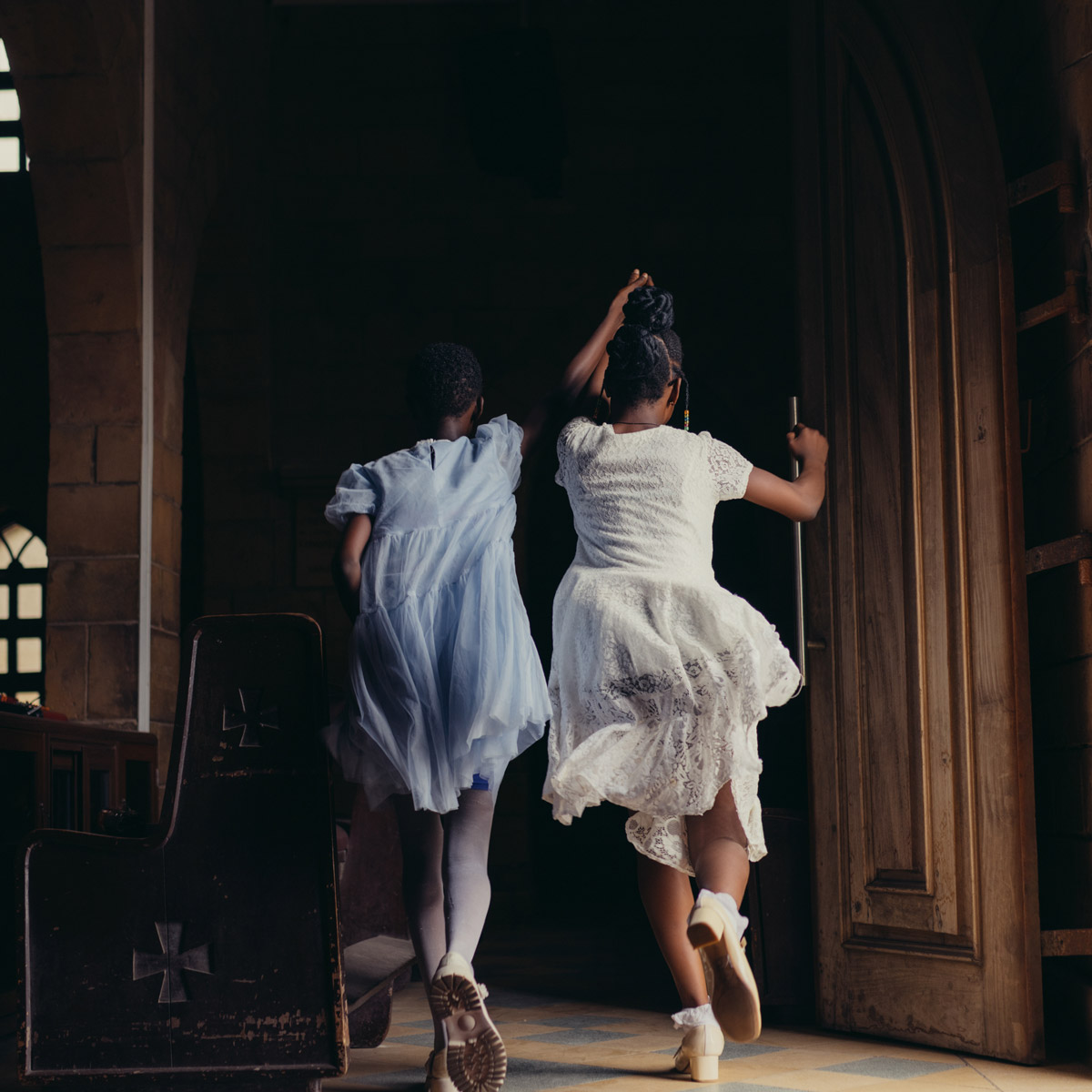
Could you explain the role of gestures in capturing the essence of Sundays in Accra through your photographs?
For me, gestures represent one of the most unfiltered forms of human expression, and to unveil the true essence of this story, I had to exaggerate the familiar tones of the day. I was still quite surprised by the extent to which people resonated with these personal expressions.
Do you think it's important to express contemporary Ghanaian stories through a local perspective, rather than relying solely on external viewpoints as has often been the case with 'documentary photography' in West Africa?
Definitely. Regardless of how genuine, external viewpoints are half-baked truths. I believe at the heart of every global story is a local perspective, so perhaps we need to stop looking for the answers outside all the time. And though these vernacular expressions might appear too peculiar, we can't homogenize everything. That is the beauty of storytelling – that we get to see ourselves even in our differences.

Can you share an experience that significantly shaped your artistic perspective and approach to visual storytelling?
Recently, I've been spending time with kids, and observing how they approach challenges inspires me. They don't have an extensive history to draw from and that, to me, sums up the power of experimentation and creative freedom. That has helped me evolve from what I've been used to; working within a fixed framework. Now, I try to leave enough room for flukes and sometimes pretend those boundaries don't exist at all.

You can discover more of Carlos' work here.
